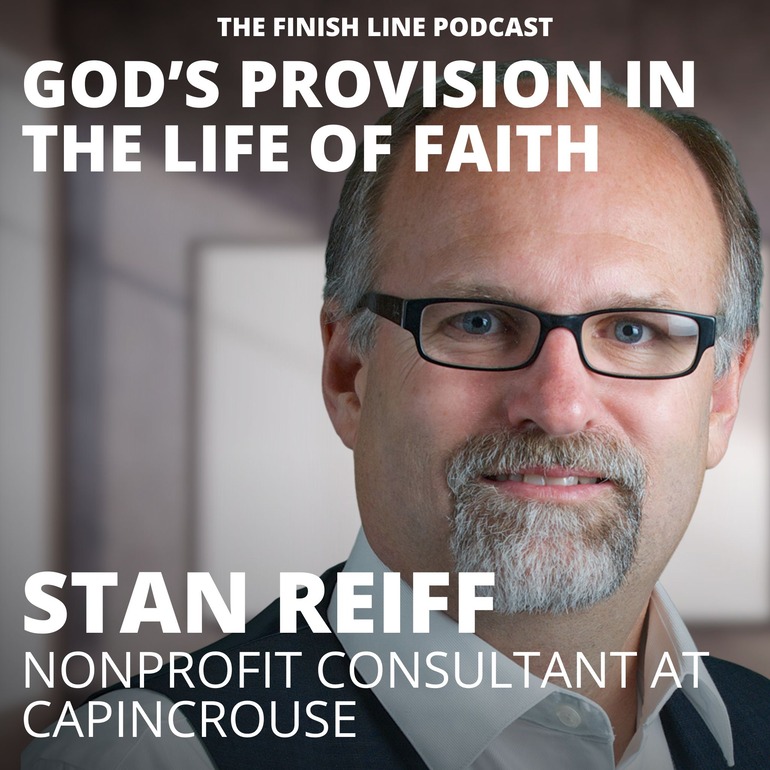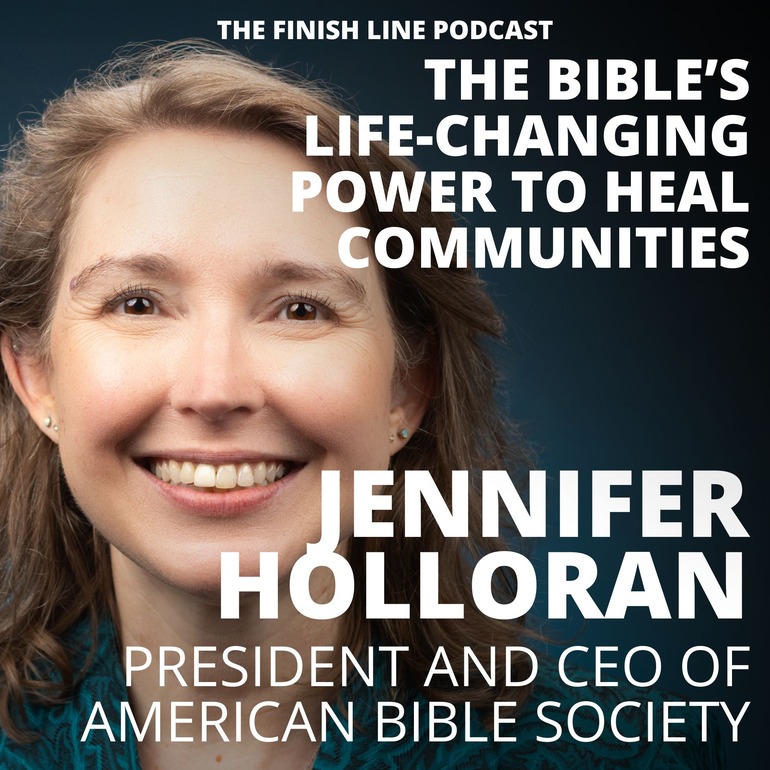For those that have committed to setting a financial finish line, or for those seriously considering it, one question that frequently comes up is that of tithing. How exactly does tithing fit into this model? Should a tithe come out of the monthly budget that you alot yourself, or out of the remainder? Is the whole portion that is “God’s portion” considered a tithe?
While your approach to tithing is ultimately between you and God, we have a couple thoughts which can guide your decisions.
What is Tithing?
Tithing is the process by which the ancient Israelites offered 10% of all of their crops, produce, and livestock to the Lord. The word tithe actually means tenth in Hebrew. Leviticus 27 lays out the basic framework:
“Every tithe of the land, whether of the seed of the land or of the fruit of the trees, is the Lord’s; it is holy to the Lord… and every tithe of herds and flocks, every tenth animal of all that pass under the herdsman’s staff, shall be holy to the Lord.
Today, this practice is carried out as Christians commit to giving 10% of their income specifically to their local church. The tithe, at least in the way we are using the word, does not refer to any other additional giving we might make to other ministries or charities. For many who have been drawn to a financial finish line, tithing may already be a part of the normal rhythms of life. But how does it fit with a financial finish line?
The Purpose of the Tithe
As we consider the tithe, it is important to remember it’s practical purpose. Among the 12 tribes of Israel, the Levites were set aside to support the priests and the Temple. God specifically outlines that the tithe collected from the other 11 tribes should be used to sustain the Levites and to provide the necessary materials and livestock needed for their Temple duties.
To the Levites I have given every tithe in Israel for an inheritance, in return for their service that they do, their service in the tent of meeting.
Numbers 18:21
In a similar manner, the tithe that Christians offer in modern times is the primary means by which the local church is sustained. With this background in mind, our personal conviction is that at least 10% of our total income should be used to support our local church. Without this kind of support, the local church would struggle to exist.
Where Should Our Tithe Come From?
Now that we have determined the amount of the tithe, where should it come from? Reasonable arguments can be made for the tithe coming from either God’s portion or our portion of the wealth we manage.
God’s Portion: The explicit call of the Bible is for us to offer 10% of our income to God and the church. What the Bible does not explicitly lay out is setting a financial finish line – locking our personal expenses to a specific standard of living. Rather, a financial finish line gives us a practical, objective way to live out the many commands of Jesus to give generously, resist temptation, protect our hearts from serving money over God, and to love our neighbors and those suffering. A strong argument can be made that the decision to set a financial finish line is simply a step (or multiple steps) beyond tithing. Therefore, it is reasonable to include our tithe in the portion of our income being used for God’s purposes.
Our Portion: When we chose to set a finanial finish line, it was because we wanted to set up some checks and balances on the slow (or sometimes rapid) rise in standard of living that inevitably occurs when our income increases. And in doing so, we sought to redirect our hearts from serving money to serving God.
Our Finish Line Calculator helps us model the standard of living of others around the country using census data. In order to really model the standard of living for someone at a specific income percentile, you could argue that our tithe should come out of our own monthly budget rather than the portion set aside for God. For example, using our calculator (with 2018 numbers), a household at the 50th percentile would be expected to make $64,021. Their tithe of $6,400 would be coming out of that income. Therefore, shouldn’t our tithe likewise come out of the monthly “budget” set aside for our own use?
We have considered all of these points and have come to the conclusion that our tithe should come out of the portion set aside for God for one main reason: semantics. In the end, it all boils down to two pots: money to be used on ourselves and money to be used elsewhere. Where you take your tithe from really just comes down to the names you are placing on things.
For example, someone who feels called to live at the 50th percentile ($64,021) may choose to tithe from the portion set aside for God. Another person who chooses to live at the 55th percentile ($72,016) may choose to tithe 10% from their own portion, leaving them with $64,814 to spend freely as they wish. Both people have been convicted to choose different percentiles and have approached tithing differently, but each ends up with the same amount to spend freely on their own needs.
Therefore, to keep the math simpler, we consider the monthly budget set by our finish line should be used for our own needs. From there, if we decide we are capable of living on less (thereby “reducing our manager’s fee”), we can simply lower the percentile that we live at.
A Note of Caution with Lower Income
There is one important warning for those whose income is currently lower than their financial finish line. Please don’t use your finish line as a reason not to tithe at all. Remember that God’s call for us to tithe is explicit in the Bible – a financial finish line is not. There are many reasons to tithe that are beyond the scope of this post, most notably that it strengthens our faith, and changes our heart.
There is a reasonably likely scenario that some may choose a finish line that is beyond their current income. Perhaps you are only working part time, or are in between jobs. Or maybe you are a college student planning for your career in the next year or two. How and if you choose to tithe is between you and God. But if you choose not to tithe, please don’t do it because of this site or calculator. We feel strongly that we should continue to tithe in faith even if we have not reached our finish line. Any additional giving when we are over our finish line only serves to augment our tithe.
Our Disclaimer
Finally, as always, remember that this site is simply a tool. Nobody is keeping score. Nobody will be checking your bank statements to make sure you’re doing this right. Our firm belief is that a financial finish line brings us into a deeper relationship with God by allowing us to trust him and by inviting us to be involved in the work He is doing all around us. And our feelings on approaching tithing with a financial finish line are our own convictions. Consider these things on your own. Pray about them. And most importantly, see what God has to say in His Word. And from there, make your own decisions on each of these points.








0 Comments